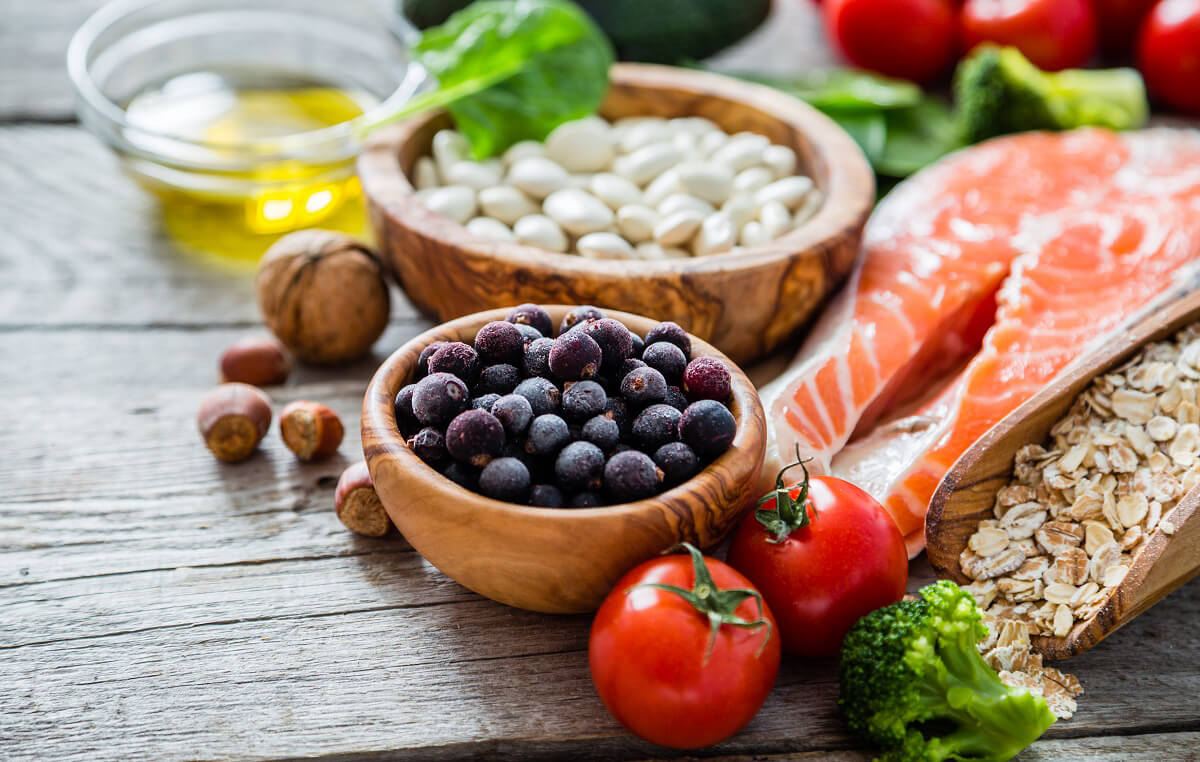
14 Oct 2020 Excluding nutrition from mainstream healthcare has contributed to the catastrophic impact of SARS-CoV-2.
For too long nutrition has been dismissed by mainstream healthcare, despite clear evidence that diet and lifestyle choices either contribute to health or increased risk factors for chronic disease. The rising obesity epidemic is proof alone that a more decisive tactic is needed to combat the discord between public health and personalised lifestyle medicine, of which nutrition plays an integral part. As we enter the next wave of COVID-19 restrictions, is it now the time to consider the role nutrition can play in preventative healthcare?
“Long-term failure to provide adequate nutritional guidance to the public and a reliance on generic advice from Public Health England to pick up the shortfall, has undoubtedly contributed to the catastrophic impact of SARS-CoV-2”
notes BANT CEO Satu Jackson. BANT Nutrition Practitioners offer personalised nutritional guidance to individuals and rigorously recommend testing for nutrient deficiencies as part of a preventative strategy for chronic disease. The results of the government’s one-size-fits-all approach to healthcare is evident with obesity levels and metabolic dysregulation continuing to rise exponentially (1) and worsening health of the public now contributing to COVID-19 outcomes.
The emergence of data pointing to nutritional deficiencies in SARS-CoV-2 patients (2) highlights the need for a more unified approach. BANT recommends Vitamin C and D supplementation be considered as part of a preventative strategy for COVID-19 (2) where food sources are unable to adequately support the individual. BANT calls on the government to consider the nutritional status of the public as part of the current pandemic, and to engage with BANT to work towards building a more inclusive and effective healthcare model.
- https://www.gov.uk/government/statistics/statistics-on-obesity-physical-activity-and-diet-england-2020-ns
- Serum levels of vitamin C and vitamin D in a cohort of critically ill COVID-19 patients of a north American community hospital intensive care unit in may 2020. A pilot study https://pubmed.ncbi.nlm.nih.gov/32964205/
- Evidence that Vitamin D Supplementation Could Reduce Risk of Influenza and COVID-19 Infections and Deaths, 2020, https://www.mdpi.com/2072-6643/12/4/988
Visit our Politics Home portal for the latest press releases from BANT.

